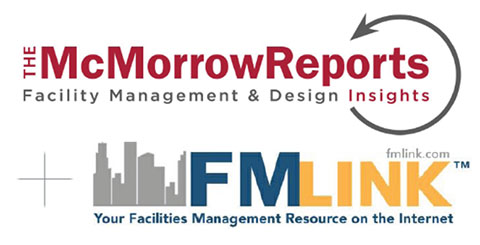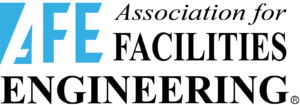The facility management profession is undergoing a transformation. Management and staff have recognized a growing knowledge and skills gap. Download our full survey report to see where gaps exist and how to overcome them.
Each year, the Professional Facility Management Institute (ProFMI) and its partners conduct an FM Training Outlook Survey to identify top FM challenges and workforce trends, determine the current need for FM training and credentials, and gauge how sentiments may have shifted over time.The 2023 survey was conducted January through April, 2023. The survey results are presented across four categories:

What are the top challenges facing FMs today? How can organizations improve
retention and overcome staffing pressures?
66% of facility professionals identify staffing & retention as a top challenge for 2023.
54% of FM managers and staff have left or have considered leaving their job in the past year.
The top 3 ways for organizations to retain facility professionals are to provide:
2. Opportunities for professional development.
3. Increased compensation or benefits.
Does an FM skills gap exist in most organizations? Do the benefits of training justify the investment in FM staff development?
86% of FM employers say there’s a gap between the knowledge and skills their team has and what they need to excel.
Training can make an impact, with 81% of FM employers saying that FM training and credentials result in better job performance.
56% of FM employers are planning to implement FM training this year.


What knowledge and skills do FM managers and staff need? How do priorities differ?
FM managers identify strategic planning, capital planning, leadership skills, project management, and sustainability as top training priorities for themselves.
FM managers say their team’s top training needs are environmental health & safety, communication, compliance & standards, leadership skills, and project management.
FM staff say their top training needs are innovation, project management, strategic planning, capital planning, and compliance & standards.
Are professional credentials and qualifications as important in FM as in other professions? What value do they provide for FM staff and employers?
62% of FM managers say that credentials and qualifications are more important in 2023 than in previous years.
86% of FM professionals would pursue an FM credential if their employer supported them financially.
81% of FM employers say a credential or qualification is an influential factor in hiring or promoting FM staff.
81% of FM staff say FM training and credentials result in better credibility within the organization and with clients.

Looking Ahead
With fewer roadblocks and restrictions on business in 2023, organizations around the world are focused on growth. Workplaces are being retrofitted for optimal functionality and productivity, retail spaces are growing, and building technologies are advancing faster than ever.
This rapid growth is adding strain to already short-staffed FM departments. Competition for FM talent has never been greater. Employee development programs can help improve staff retention and eliminate skills gaps.
For FM professionals, training and credentials are an increasingly popular way to build skills, create job stability, and pave the way for new opportunities.
What Industry Experts Are Saying
Special thanks to ProFMI's industry partners who helped disseminate the survey to facility management professionals around the globe.
2023 FM Training Outlook Survey Background and Demographics
Since 2019, the Professional Facility Management Institute (ProFMI) and Building Operating Management (BOM) magazine have been conducting the Facility Management (FM) Training Outlook Survey to determine the need for facility management training and credentials from both the management and staff points of view.
Here’s an overview of the facility managers who participated in the survey:













